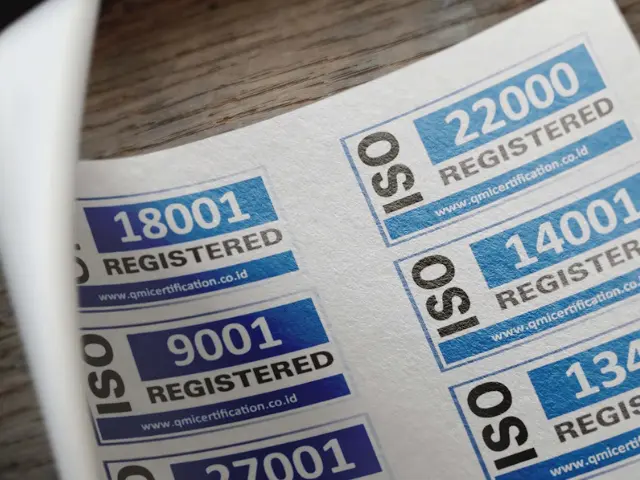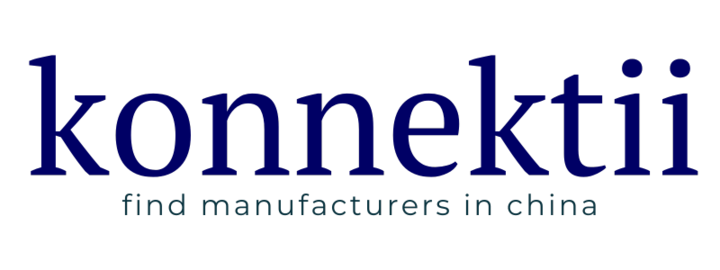Table of Contents
ToggleISO 9001 is a globally recognized and widely implemented standard for quality management systems (QMS). It’s applied in various industries and businesses, including hotels and hospitality, construction, technology services, engineering, and health.
Process-driven and customer-facing industries benefit from ISO 9001 by having a streamlined set of processes and systems. Thus, foregoing the need for ad-hoc management techniques. This approach, and the ISO 9001 certification, typically make international suppliers more appealing to investors and trade partners.
Consumers also benefit from knowing that the services and products they are purchasing from an ISO-certified company are secured and of high quality.

What Does the ISO 9001 Indicate?
An ISO 9001 certification process is performed by an accredited registrar or certification body for a fee. Contrary to what many people assume, The International Organization for Standardization (ISO) doesn’t get involved in this audit, and the certification body is independent of them.
The main reasons companies seek certification vary, but it’s generally to showcase their adherence to a widely recognized quality standard. Essentially, this indicates they have a working QMS, which investors and trade partners might look into when evaluating the business.
Notably, the ISO 9001 also indicates that the facilities and processes of the certified company adhere to the minimum standard to deliver quality products and services. In trade, buyers typically look to ISO 9001 when seeking international partners.
For additional tips on how to verify suppliers in China, click here.

What Is the Main Focus of ISO 9001?
Organizations that passed the ISO 9001 quality management system requirements auditing have demonstrated their ability to consistently produce products or deliver services that meet customer requirements and comply with relevant regulations.
ISO promotes seven quality management principles that companies can use to guide them in securing their ISO citation:
- QMP 1 – Customer focus
- QMP 2 – Leadership
- QMP 3 – Engagement of people
- QMP 4 – Process approach
- QMP 5 – Improvement
- QMP 6 – Evidence-based decision-making
- QMP 7 – Relationship management
While these seven quality management principles are not listed in order of priority, registrars do evaluate a quality management system based on the shared value of these ISO principles. Together, these concepts focus on how companies can enhance customer satisfaction, improve processes, and foster a culture of continual improvement.
The latter, in particular, is why ISO 9001 is an essential cultural marker for trade and customer-facing businesses. The certification helps indicate that their processes are also adaptable and can be scaled depending on evolving needs and requirements.

What Is a Quality Management System?
You can think of a Quality Management System (QMS) as a structured framework that companies use to manage and control the quality of their products and services. Ideally, to meet customer expectations consistently.
Companies that are ISO 9001 certified are considered to have met the minimum standards set by the ISO, which is recognized by organizations worldwide. In general, the independent audits are executed within a period of several months to ensure that robust quality control processes are implemented with regularity and have been able to achieve the desired outcomes.
Once a company receives its certification, it will then do the internal auditing to maintain the integrity and structure of its QMS. The certification must be renewed every three years.
Notably, the ISO 9001: 2015 certification also requires companies to understand and include statutory and regulatory requirements within the QMS. These decree or acts come from the legal system and must be integrated into the QMS for certain products and services.
What Is the Difference Between ISO 9001 and 27001?
ISO 27001 is an ISO standard that focuses on information security management. On the other hand, ISO 9001 is centered on quality management systems.
Companies that are ISO 27001 are seen as qualified to protect sensitive information from threats such as data breaches, cyber-attacks, and unauthorized access.
While ISO 9001 is applicable to a broad range of organizations and sectors, ISO 27001 is particularly relevant to companies that manage sensitive information, such as financial institutions, IT companies, and healthcare providers.
Despite their differences, both ISO standards feature a strong customer focus, especially in providing quality and customer satisfaction through their products and services.

Choosing a Trusted International Chinese Manufacturer
Finding a supplier from China can be a difficult task for companies that are not familiar with this robust trading sector. For years, buyers often look to international trade fairs and third-party China-based inspectors for too much of the testing and due diligence.
However, this can be costly for newly established companies and a hurdle for those who are in need of suppliers in short order.
In such scenarios, Konnektii offers a trusted and well-structured alternative by introducing you to a robust database of Chinese manufacturers that have qualified and participated in the Canton Fair, China’s largest biannual international trade exhibit.
With Konnektii’s database, you are guaranteed to connect with trusted manufacturers that have international experience and trading capabilities.







